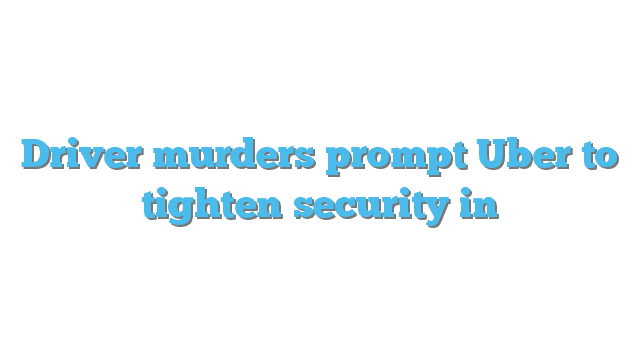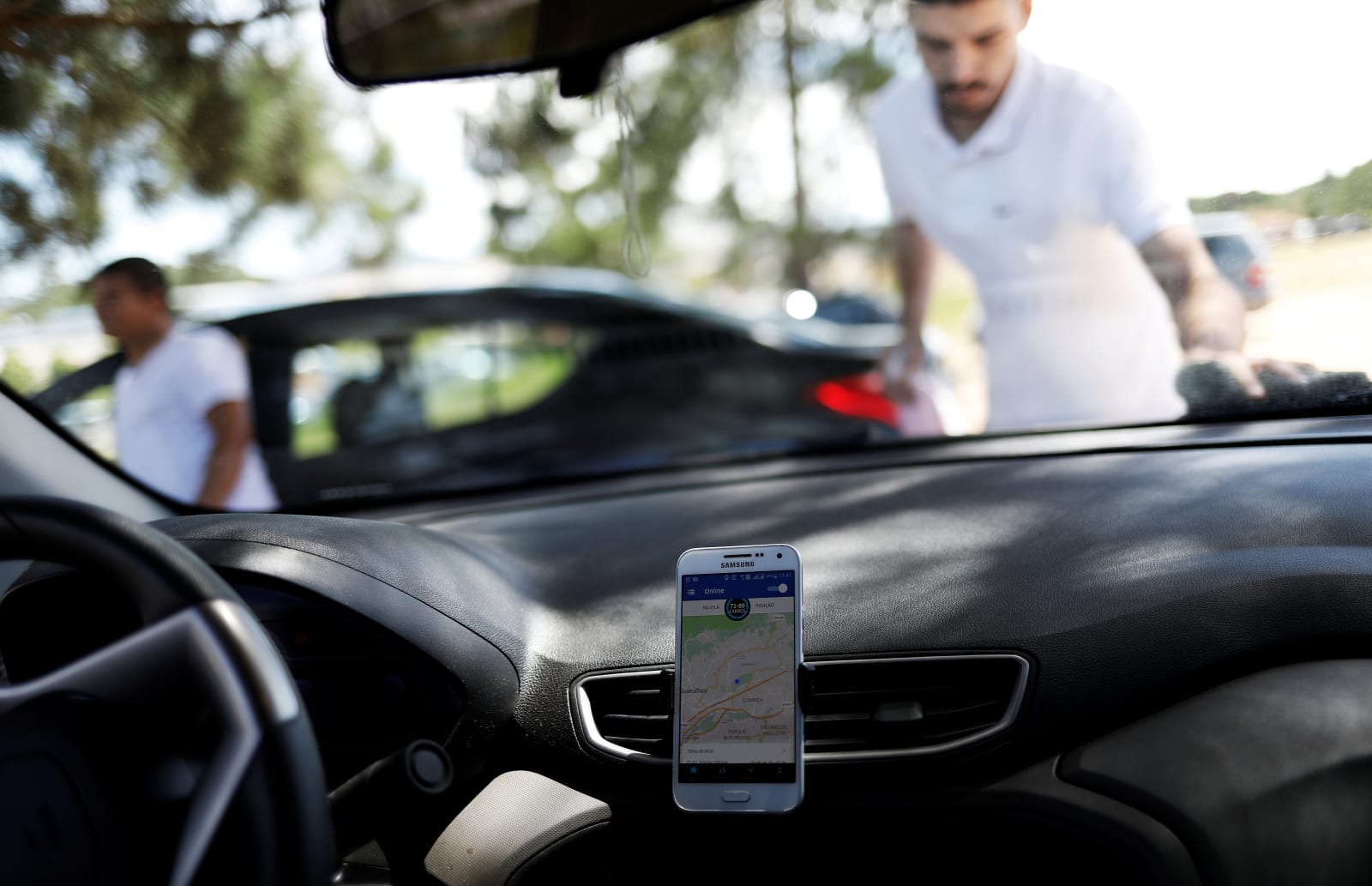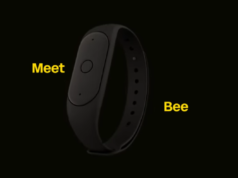Uber India launched cash payments in 2015 and the company has since expanded to South America, but there has been a dark side: crime. At least six drivers in Brazil have been murdered and robberies are up tenfold since the cash service launched there in July of 2016. Following protests and a Reuters inquiry, the company has instituted a new policy requiring Brazil’s cash users to register with a social security number.
Passengers have been able to open fake accounts, request rides to bad neighborhoods and rob drivers with relative impunity. In one incident, a teenage couple stabbed 52-year-old driver Modolo Filho and stole his SUV, leaving him to die on the road. They’ve since been charged with murder.
The company did an internal study shortly after cash was introduced and found it didn’t endanger drivers. Chauffeurs and police disagreed, saying the company overlooked Brazil’s violent crime (which is ten times that of India) because cash payments increased business by 15 times in San Paolo. “With the numbers that cash was bringing in, no one wanted to see that there might be a problem,” an unnamed source told Reuters.
It would have been ideal for us to have gotten the [social security number] verification out sooner, and we absolutely own that.
Taxi drivers in Brazil generally decline rides to bad neighborhoods, but Uber drivers worldwide can’t see where they’re going before they accept a ride. While that increases the app’s inclusiveness, it can put drivers in harm’s way in particularly unsafe areas.
Uber drivers staged protests against the crime wave following Filho’s murder said they’d quit if the company didn’t do something about it. In a Bloomberg interview last October, Uber Latin America GM Andrew Macdonald downplayed the risk, saying driver concern over crime is “a bit emotional.” However, he now says the statement was a “mistake” and that violence “weighs pretty heavily” on management.
On top of requiring official ID to sign up for the app, the company now allows drivers to opt out of cash payments, and will block new users if they cancel multiple rides or show other erratic behavior. However, it took a full five months after the protests and murder for that to happen. “It would have been ideal for us to have gotten the … verification out sooner, and we absolutely own that,” Macdonald said.






![[Interview] [Galaxy Unpacked 2026] Maggie Kang on Making](https://loginby.com/itnews/wp-content/uploads/2026/02/Interview-Galaxy-Unpacked-2026-Maggie-Kang-on-Making-100x75.jpg)